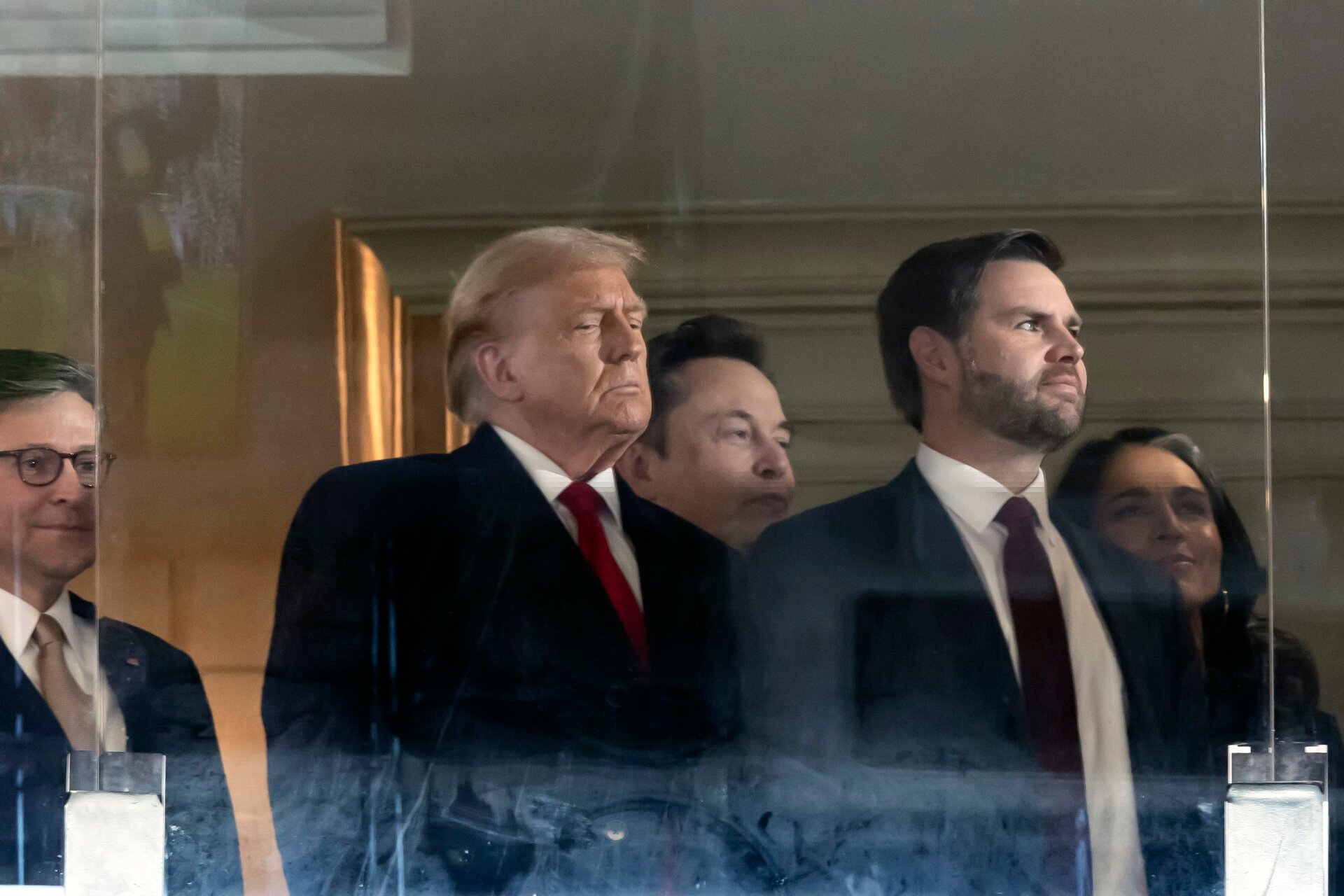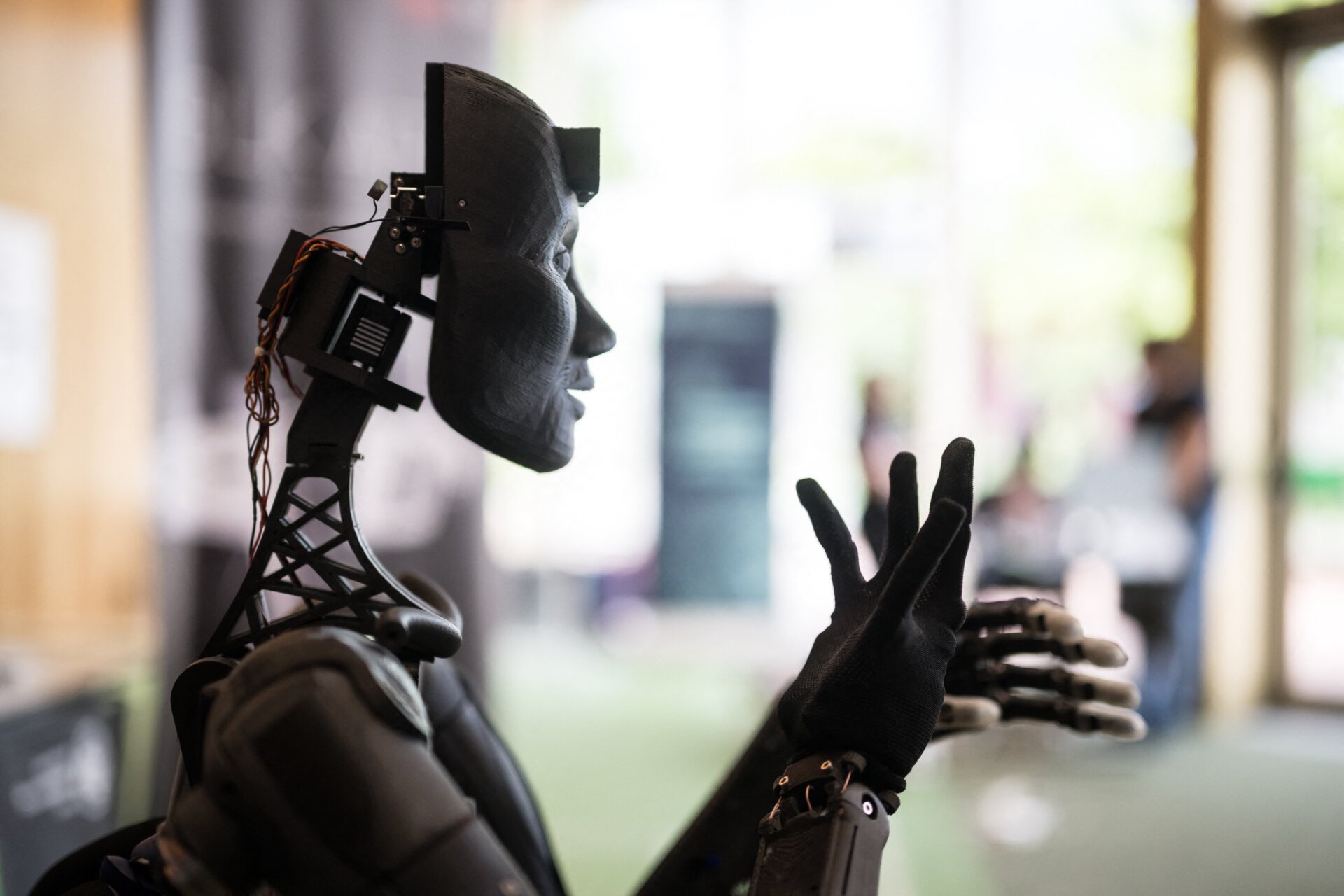The Federal Trade Commission (FTC) and the Department of Justice (DOJ) have raised concerns regarding aspects of OpenAI’s transition to a fully for-profit entity, lending support to certain arguments presented in Elon Musk’s lawsuit against the AI company.
While the federal agencies haven’t explicitly endorsed Musk’s claims of anticompetitive practices and a “de-facto merger” between OpenAI and Microsoft, their legal brief filed with a California federal court challenges OpenAI’s defense regarding alleged interlocking directorates. Musk’s lawsuit highlights the significant financial backing OpenAI has received from Microsoft, exceeding $13 billion, and the presence of Microsoft representatives on OpenAI’s board. This includes Reid Hoffman, LinkedIn founder and Microsoft board member, who served on OpenAI’s board until March 2023, and Dee Templeton, a senior Microsoft executive, who held a non-voting position on OpenAI’s board from November 2023 to July 2024.
Musk alleges these appointments violated antitrust laws prohibiting individuals from serving on the boards of competing companies. OpenAI countered by stating the issue is now moot as neither Hoffman nor Templeton are currently on its board. However, the FTC and DOJ argue that simply resigning from a board doesn’t automatically invalidate a claim under Section 8 of the Clayton Act, urging the court to consider this carefully.
The involvement of Microsoft, a major player in the AI market, has been a key factor in OpenAI’s rapid growth and its push towards profitability. OpenAI, initially a non-profit partly funded by Musk, transitioned to a for-profit structure governed by a non-profit board. Its current plan involves complete separation from this board to become a public benefit corporation, prioritizing investor responsibilities over its original charitable mission.
This intervention by the FTC and DOJ underscores the regulatory scrutiny surrounding OpenAI’s restructuring. The Delaware attorney general has also filed a brief, indicating potential action if OpenAI is found to be in violation of the law. Furthermore, Meta has requested the California attorney general’s office to intervene and block OpenAI’s restructuring.
This legal battle transcends a mere personal dispute between billionaires. It highlights the growing regulatory attention on the evolving landscape of the AI industry and the potential implications of powerful partnerships like that between OpenAI and Microsoft. The case raises critical questions about competition, corporate governance, and the responsible development of transformative technologies.
While the federal agencies haven’t addressed Musk’s other allegations, such as claims of misleading information and interference with xAI funding, their focus on the interlocking directorate issue signals a potential area of concern for regulators. The ongoing legal proceedings will undoubtedly shape the future trajectory of OpenAI and influence the broader regulatory framework governing the rapidly evolving AI sector.











